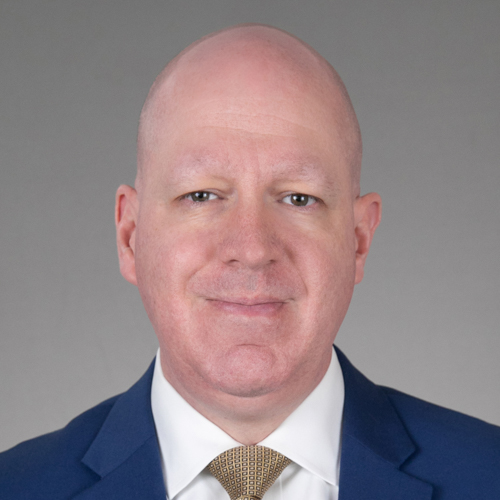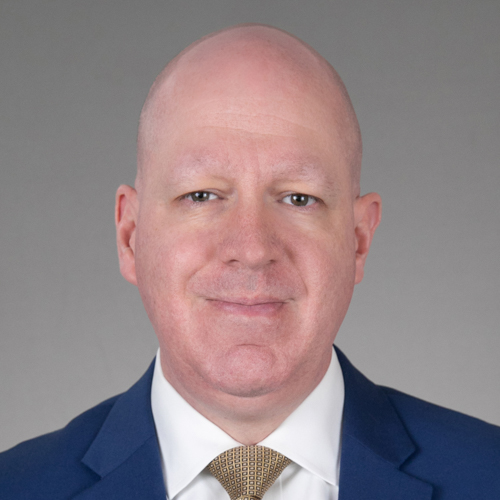
Much of the media coverage of the COVID-19 pandemic over the last two months has focused on the loss of business sustained by restaurants, hotels and retail. Less attention has been paid to those healthcare providers, who are not valiantly staffing emergency rooms and intensive care units treating those patients stricken by the coronavirus. But the same consumers, who are not traveling or eating out, are also postponing visits to physicians, surgeons, dentists, chiropractors, psychiatrists, optometrists, dermatologists and other providers.
These healthcare providers—large and small—have, like so many other businesses, sustained substantial lost revenues from the ongoing public health crisis. Most providers should have some form of commercial property insurance, including business interruption coverage. The language used in these insurance contracts may seem dense and even daunting at times, but insurance policies are business assets with potentially significant monetary value to be unlocked when a claim is made and pursued. Here are three tips for healthcare providers to follow in maximizing the value of business interruption claims, particularly in the context of the current public health crisis.
Don’t Subscribe to the “No Coverage” Narrative. By one estimate, business interruption losses for domestic small businesses could range between $255 billion and $431 billion per month. Given the amounts at stake, the insurance industry has aggressively campaigned against coverage for so-called coronavirus claims—denying that businesses have sustained the requisite “physical loss or damage” to trigger coverage.
Because every policy is different, some commercial property policies will inevitably provide more coverage than others. But the notion that healthcare providers denied access to employees, vendors, supplies and, most importantly, patients, have not suffered a “physical loss” is simply not true. There is ample legal precedent supporting such claims, and abundant factual evidence that prevailing state and local lockdown and stay-at-home orders have rendered insured business premises and equipment unusable and “physically lost” for purposes of most commercial property policies.
Preserve your claim by giving proper notice and complying with policy conditions. Most commercial property policies will require timely notice of a claim. These same policies will further require formal “proof of loss” documenting the amount of the claim with appropriate support either at the request of the carrier or within a prescribed period of time after the loss occurs. Take time to review and comply with these deadlines and other policy requirements to ensure that your claim and rights under your policy are preserved and protected.
When providing notice, be accurate and precise in describing the nature of the claim. While references to COVID-19 may be a useful shorthand for describing the current state of affairs generally in the world, such references may not be appropriate when describing your business interruption claim. You may get assistance from your broker in providing notice to your insurer, and depending on the nature of the claim, substantiating a business interruption loss may require additional help from accountants or other professionals.
Be careful in responding to inquiries from your insurance carrier. In responding to any claim, the insurance carrier has a duty to investigate and respond to the insured on a timely basis. In the context of the current public health crisis, many insurers have responded to business interruption claims by providing detailed and extensive requests for information, as well as recorded telephone interviews or “examinations under oath.” In some cases, such requests appear calculated to avoid, rather than investigate coverage.
When responding to an insurer’s requests for information, be as precise and accurate as possible, again bearing in mind the particular nuances of your policy’s coverage. Compliance with policy conditions is important, but policyholders are not compelled to cooperate in a carrier’s effort to deny coverage for a valid claim. Where appropriate, your broker or coverage counsel may be able to assist in responding to requests for information without compromising your claim.
Micah Skidmore is a Dallas-based partner in Haynes and Boone, LLP’s Litigation Practice Group. He represents policyholders in significant insurance coverage disputes involving a variety of claims and industries.





